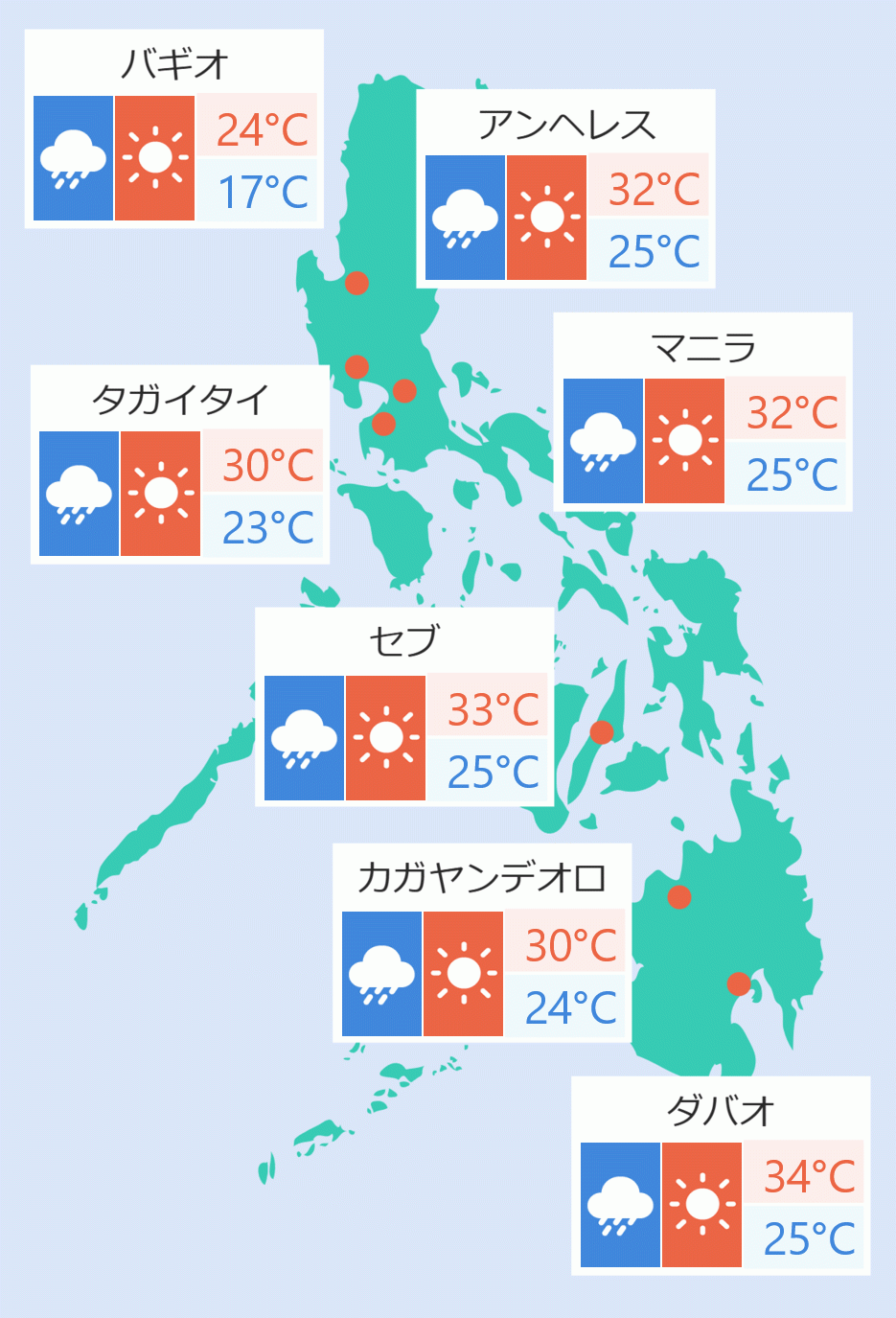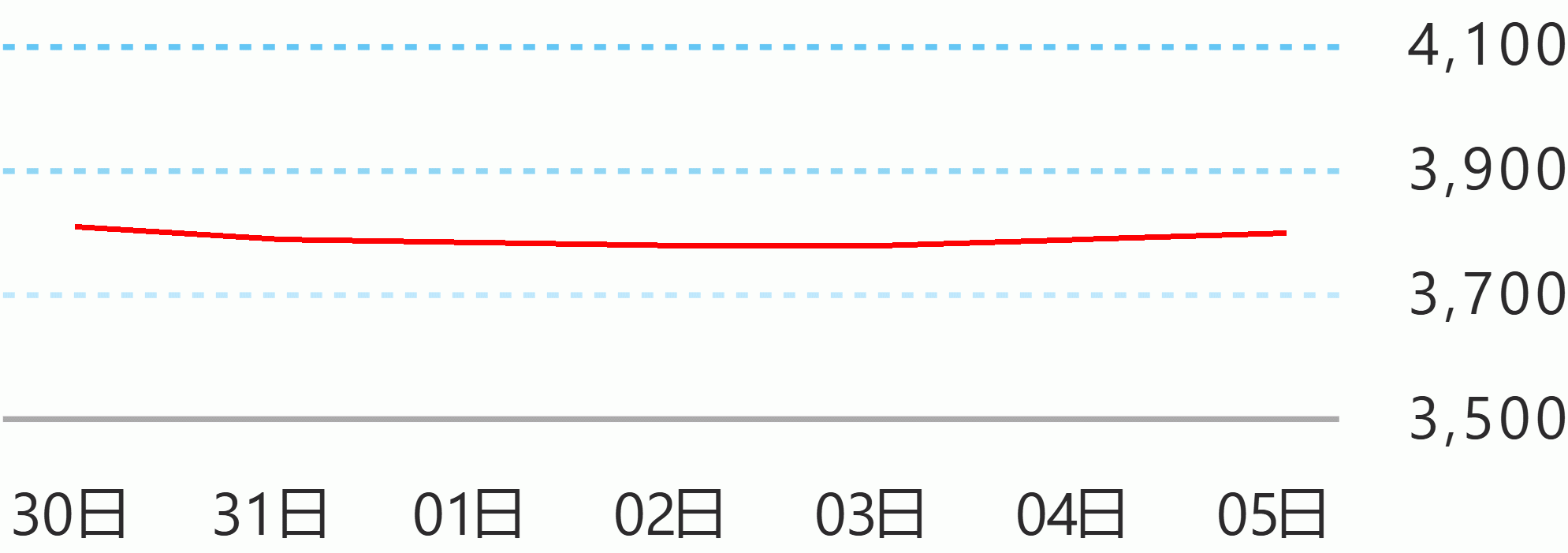The Bangko Sentral ng Pilipinas (BSP) expects "strong growth in 2022" considering the recent economic development and the improvement in the vaccination program of the government.
In his message during the Arangkada Philippines Forum on Wednesday, BSP Gov. Benjamin Diokno said "the latest (gross domestic product) GDP growth suggests that economic rebound is underway" and "strong growth is expected in 2022."
"Considering the recent economic developments and significant improvement in vaccine rollout, we are optimistic that there is sufficient support for the country’s recovery this year and in the near term," he said.
"The management of risks through the calibrated reimposition of lockdown restrictions, the expected revitalization of key industries due to government policy support and structural reforms, and an improving global economy should help the Philippine economy to recover in 2021 and accelerate in 2022," he added.
Diokno said the country has managed to reduce COVID-19 cases to 425, the lowest since July 2020.
He added "the country’s macroeconomic fundamentals remain sound" while the "inflation remains well-anchored."
"Economic activity is vastly improving. Yet, the overall momentum of the economic recovery remains foggy as long as a big part of the population remains unvaccinated and there is still a possible emergence of more virulent variants,'' he said.
Nevertheless, the sustained implementation of targeted fiscal initiatives, as well as the acceleration of the vaccination program, should help boost market confidence and economic recovery," he said.
However, Diokno said while the non-performing loan ratio increased, the banking system remains highly capitalized.
"As of end-September 2021, gross non-performing loan ratio of the Philippine banking system stood at 4.4 percent, higher compared to 3.5 percent a year ago. The uptick, however, was accompanied by loan-loss provisioning with a non- performing loans coverage ratio of 84.4 percent," he said.
"The Philippine banking system remains well-capitalized. As of the second quarter of 2021, its capital adequacy ratio is at 17.2 percent, well above the 10 percent minimum threshold set by the BSP and the 8 percent set by the Bank for International Settlements," he added. Robina Asido/DMS





 English
English









